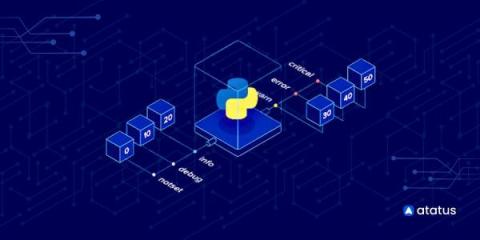Python Logging: The Complete Guide
In computing, logging involves maintaining a record of events within a computer system, encompassing issues, errors, or pertinent information about ongoing operations. These events can manifest within the operating system or other software, with each occurrence documented through the creation of a message or log entry. Logging is crucial for comprehending the application's behavior, aiding in the identification of unexpected issues, debugging, or merely monitoring events.











